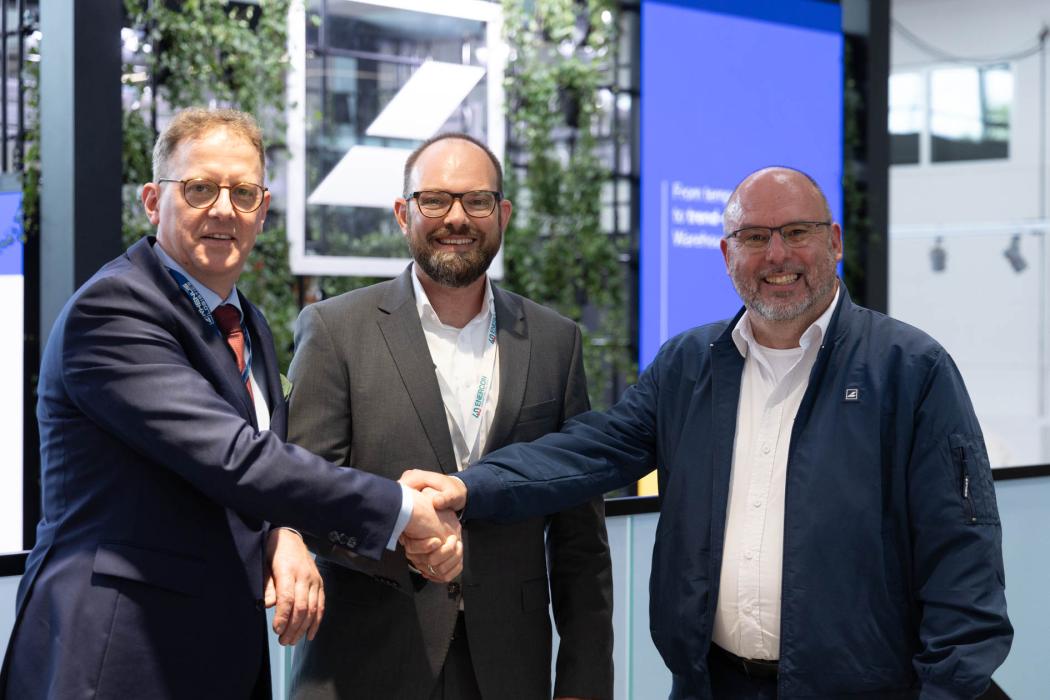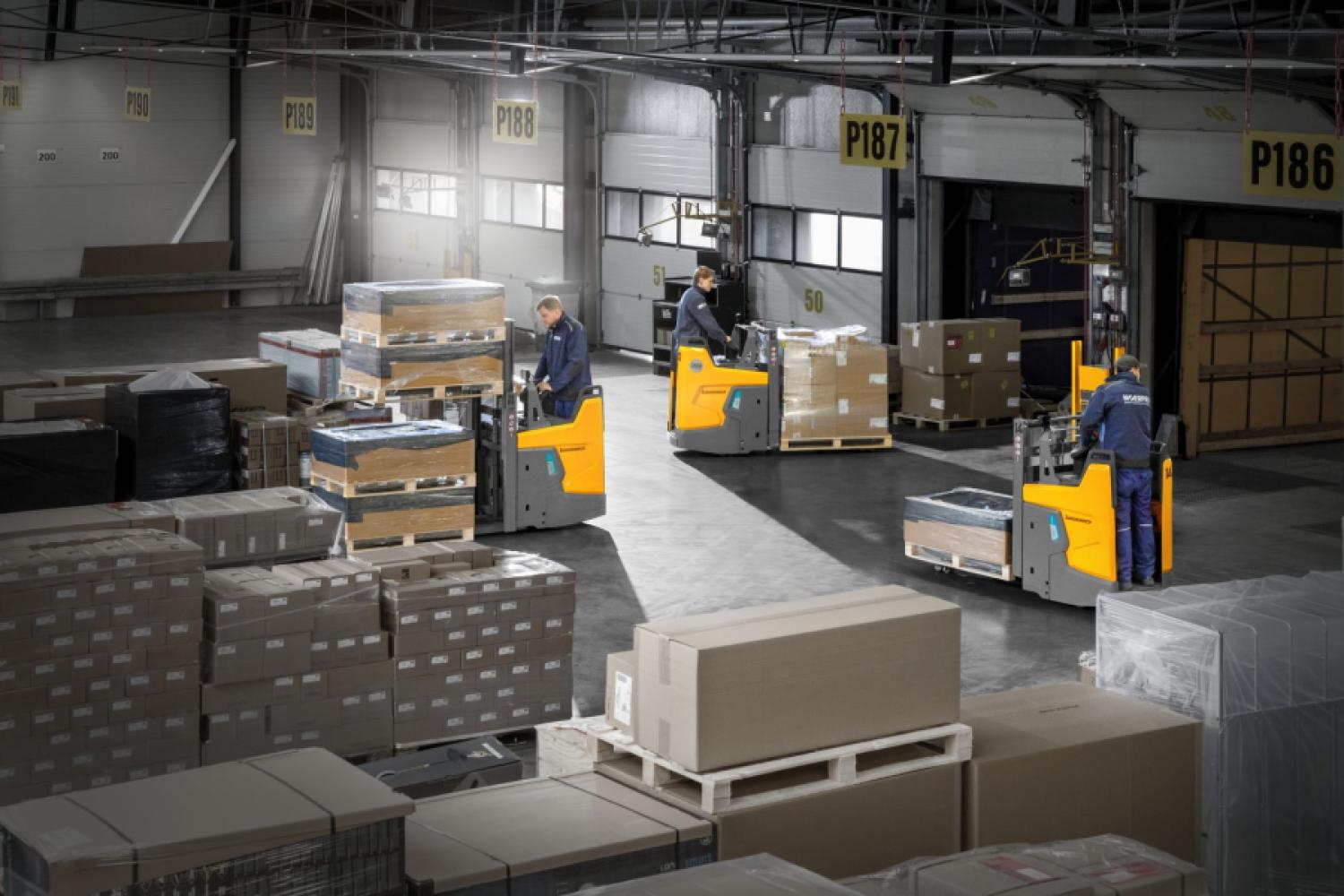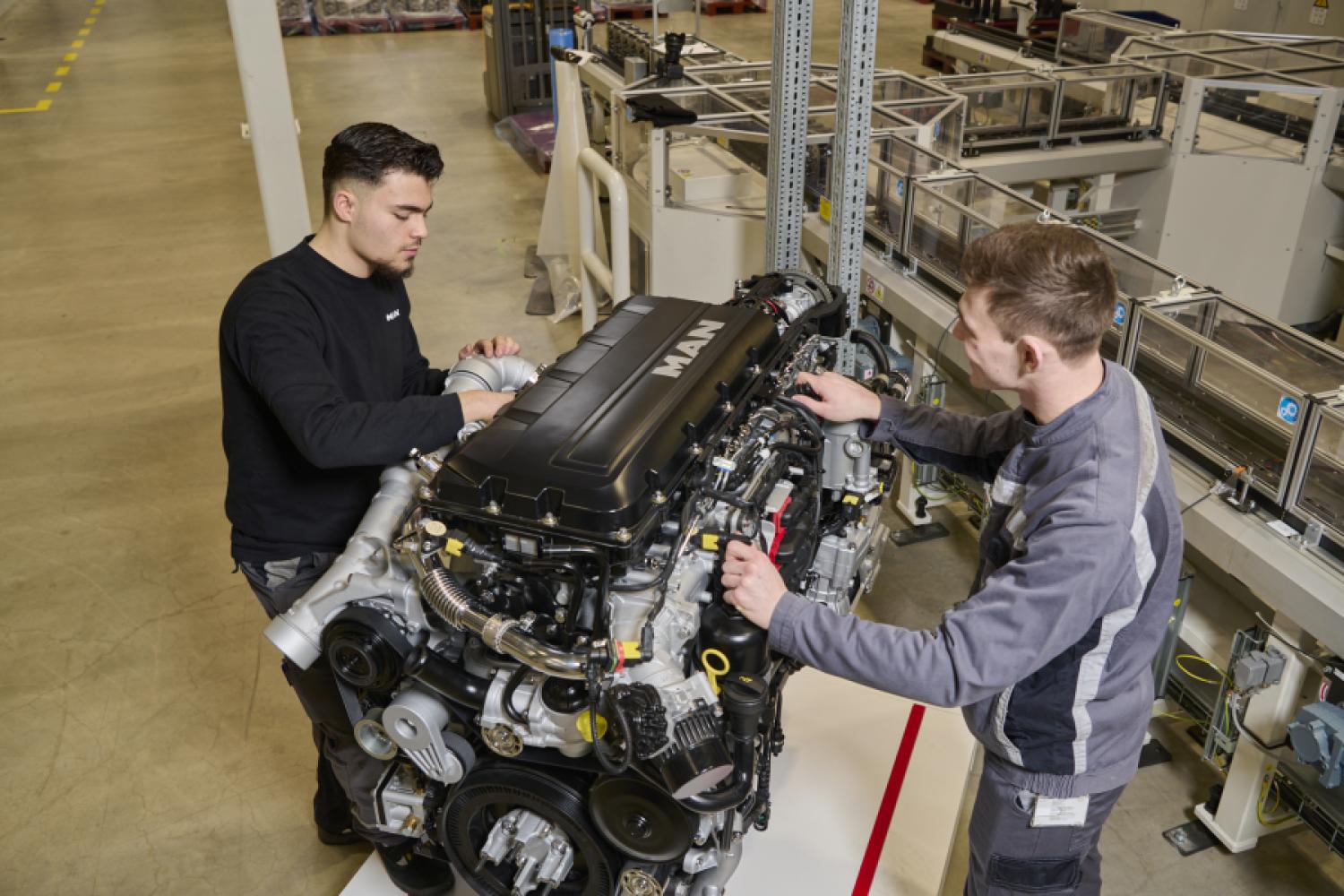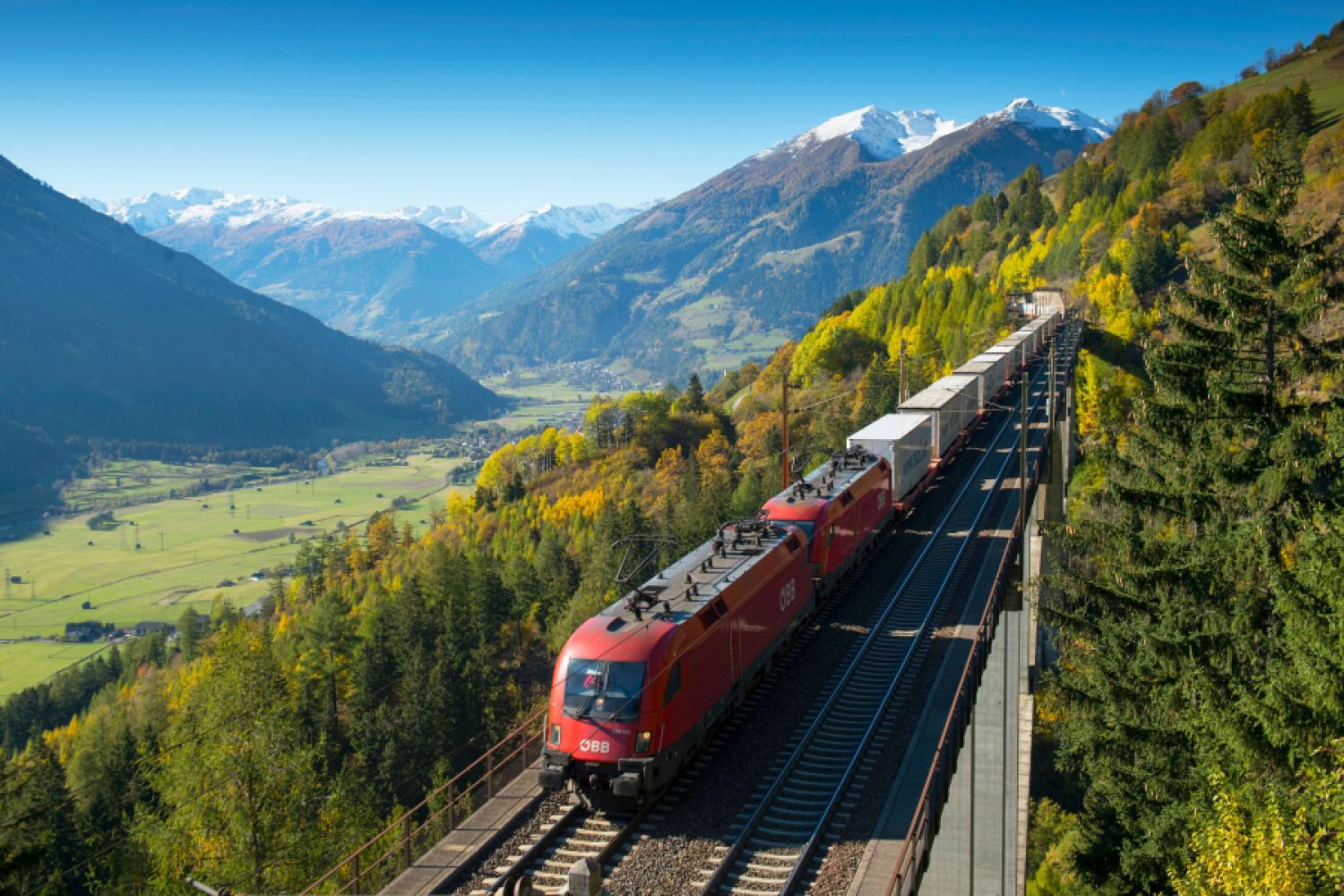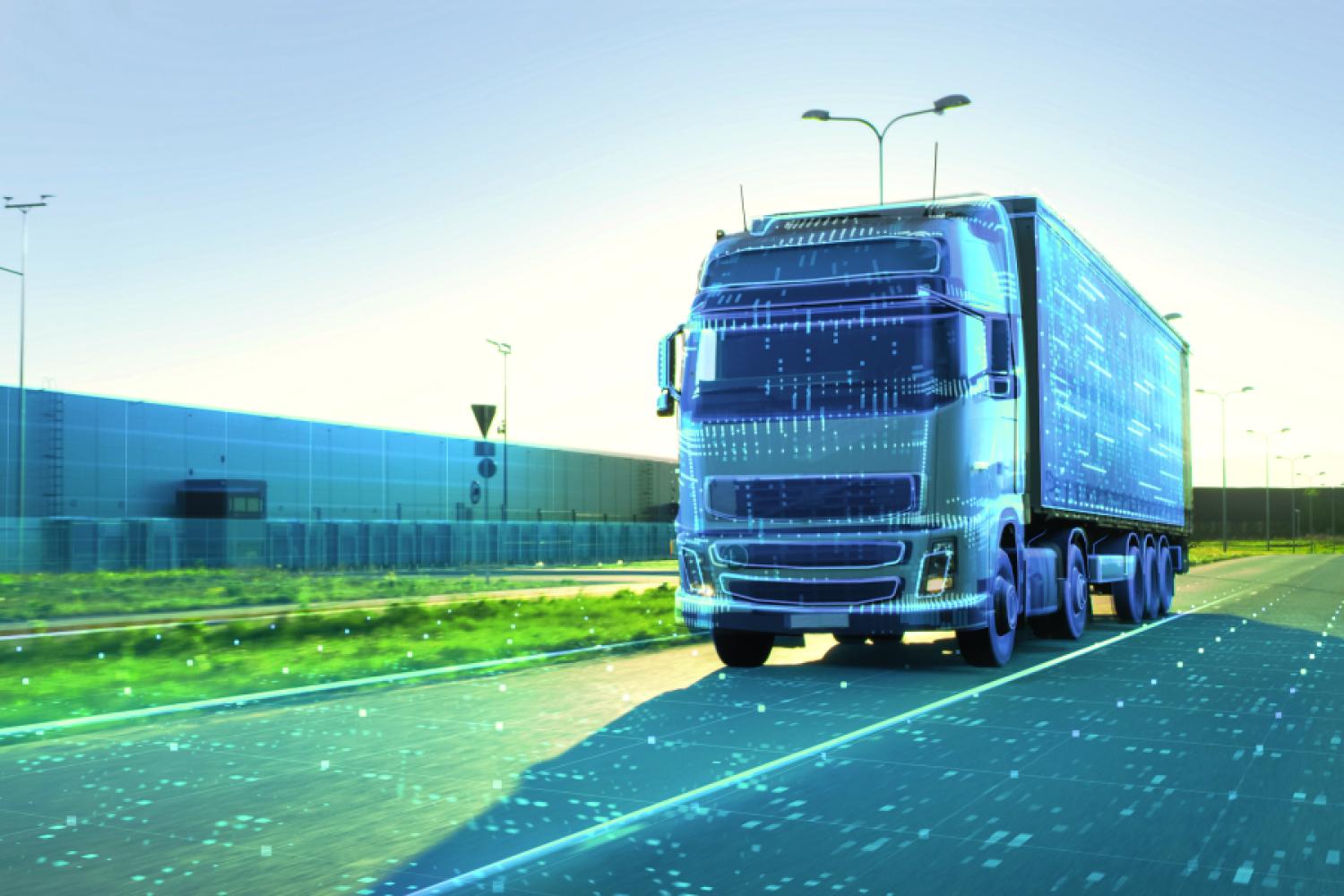The Rhenus Group has developed a new inland vessel in collaboration with the wind turbine manufacturer Enercon, specifically designed for the transport of oversized rotor blades. With the construction of the push barge "Rhenus Berlin 1," the two companies aim to shift the transport of heavy project cargo from roads to waterways, thereby avoiding bottlenecks on congested traffic routes.
According to Rhenus, this is a custom-made solution tailored to Enercon's requirements. The ship consists of a three-part lighter and a separately coupled drive unit. This combination is intended not only to allow flexible handling but also to facilitate passage through limited lock chambers—a crucial aspect for use in the North German canal region.
With an exterior length of 100 meters and a usable cargo hold length of 92 meters, the prototype reportedly offers ample space for two rotor blades
of Enercon's latest generation, each up to 86 meters long. The first deployment is planned for deliveries of the new wind turbine type E-175 EP5, which, with a rotor diameter of 175 meters, is expected to be among the largest onshore installations in Europe.
David Schütz, Senior Project Manager at Deutsche Binnenreederei, a company of the Rhenus Group, sees the project as a direct response to market demands:
"Our decades of experience in inland navigation and heavy cargo logistics form the foundation for this project. At the same time, it demonstrates how quickly we can respond to customer demands with customized solutions."
Schütz points to the high utilization of road infrastructure, unpredictable closures, and the limited dimensions of many lock facilities. All of these factors necessitate the development of technical special solutions to make inland navigation a reliable transport
alternative. The "Rhenus Berlin 1" is an example of such a solution that has potential beyond individual cases.
From Enercon's perspective, the project is also part of a long-term strategy to shift logistics toward sustainable transport methods.
"When roads become congested or routes are blocked, we want to have alternative means of transport available to ensure on-time delivery of our customers' projects," said Hendrik Peterburs, Vice President of Enercon Global Logistics.
The manufacturer is currently preparing for the ramp-up of its new flagship model, which is raising high expectations in the wind energy industry.
Choosing waterway transport is more than a logistical stopgap for Enercon.
Peterburs emphasizes, "We want to make our supply chain as sustainable as possible from production to the last mile. Together with Rhenus, we are developing the appropriate solution for the demanding pre-carriage transport of
our wind energy components. With the new push barge, we can not only ensure greater reliability through less congestion-prone routes but also reduce CO2 emissions compared to road transport."
Construction of the ship is currently underway at the shipyard in Stettin, where the lighter is being assembled from three individual segments. Completion is planned for this year, after which the ship will immediately enter operational service.
For Michael de Reese, Head of the Rhenus Port Logistics Division, shifting heavy cargo to water is a logical step:
"Especially in the field of wind energy, sustainable solutions are needed throughout the entire supply chain. With our decades of experience in heavy-duty logistics and our connection to central port locations such as Cuxhaven, we are building a powerful and future-oriented transport infrastructure for the wind power industry together with partners like Enercon."
